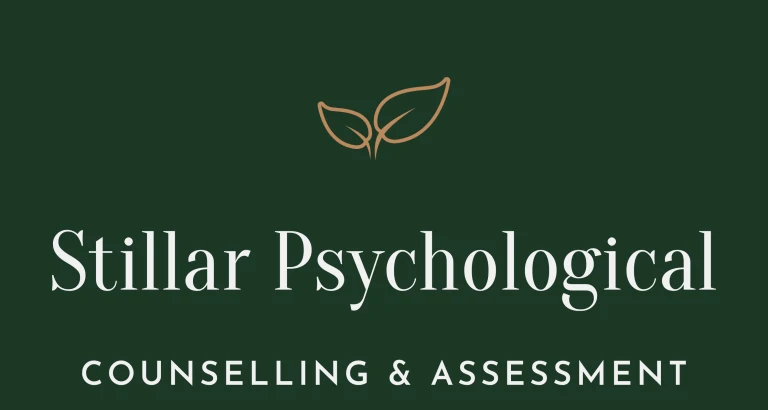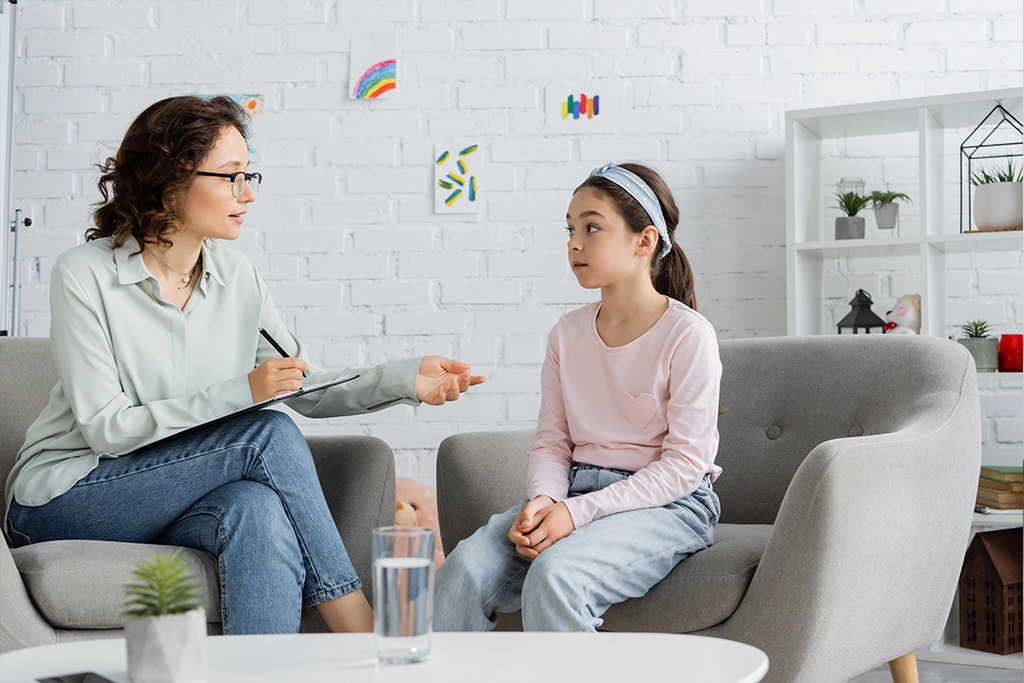If you’re a parent wondering how to help a child with ADHD thrive, you’re not alone. Raising a child with Attention-Deficit/Hyperactivity Disorder (ADHD) can come with unique challenges. Whether it’s difficulty with focus, impulsivity, or emotional regulation, ADHD can affect your child’s performance at school, interactions with others, and day-to-day routines. The good news is that with a little support and the right strategies in place, children with ADHD can flourish both at home and beyond.
At Stillar Psychological, we provide mental health services for all ages across the lifespan. In our work with families, we often hear from parents who want to better understand their child’s needs and help them build confidence, independence, and self-regulation skills. Below, we’ve outlined nine practical tips parents can use to support a child with ADHD in everyday life.
- Learn About ADHD Together
The first step to helping your child is understanding what ADHD is and what it isn’t. ADHD is a neurodevelopmental disorder that impacts attention, impulse control, and, sometimes, hyperactivity. It’s not the result of poor parenting, laziness, or defiance.
When children understand their diagnosis, it can help reduce shame and confusion. You can explore age-appropriate books, videos, or talk openly about how their brain works differently. Normalizing the experience can also strengthen your bond and help your child feel seen and supported.
As a parent, reading about ADHD from reliable sources can help you identify common patterns and behaviours. This knowledge will also guide you in setting realistic expectations and advocating for your child’s needs.
- Focus on Strengths, Not Just Challenges
ADHD can affect many areas of life, but it doesn’t define who your child is. Children with ADHD are often creative, energetic, curious, and outside-the-box thinkers. They might excel in problem-solving, sports, storytelling, or building things.
When we emphasize strengths, it boosts self-esteem and helps children feel capable rather than defective. Try to notice what your child enjoys and where they shine. These strengths can be valuable tools to help them stay engaged and motivated in daily tasks.
Recognizing wins, both big and small, builds a sense of progress. Something as simple as saying, “I noticed how hard you tried to stay focused during homework,” can have a lasting impact.
- Build a Consistent Routine
Children with ADHD often thrive in environments where expectations are clear and consistent. Routines create structure, reduce anxiety, and offer predictability, which can be especially helpful for kids who struggle with executive functioning.
Establish set times for waking up, meals, homework, play, and bedtime. Try to keep routines similar on weekends and during school breaks. Use visual schedules or calendars if your child is a visual learner.
Transitions can be difficult, so giving advance notice about upcoming changes (like “In five minutes, we’re going to start homework”) can make a big difference in cooperation and emotional regulation.
- Use Positive Reinforcement
Reinforcement is most effective when it’s specific, immediate, and tied to the behaviour you want to encourage. Instead of saying, “Good job,” try, “You did a great job packing your bag this morning without reminders.”
Kids with ADHD may receive frequent correction from adults, which can chip away at their self-worth. Finding opportunities to praise effort rather than outcome helps shift the focus toward growth and effort, rather than perfection.
Reward systems like sticker charts or token boards can also be motivating for some children. Just be mindful to use them as a tool for encouragement, not control. Your child should still feel autonomous and involved in the process.
- Break Tasks Into Smaller Steps
Children with ADHD can easily become overwhelmed by large or complex tasks. Breaking assignments, chores, or routines into manageable steps helps them stay focused and complete activities successfully.
For example, if your child has to clean their room, guide them step by step: “First, pick up the toys. Then we’ll do the books. After that, we’ll put the clothes away.”
Visual checklists or written instructions can be helpful. Some kids benefit from timers or working in short bursts followed by breaks. These strategies promote a sense of accomplishment and reduce frustration.
- Prioritize Sleep and Movement
Sleep plays a critical role in mood, attention, and behaviour. Many children with ADHD struggle with falling asleep or staying asleep. A regular bedtime routine, calming pre-bed activities, and a tech-free wind-down period can help prepare their body and mind for sleep.
Physical activity is another powerful tool. Movement helps regulate energy, improves focus, and reduces restlessness. Encourage your child to engage in regular physical play, whether it’s a walk after dinner, riding a bike, or participating in sports.
Incorporating movement breaks during homework time or study periods can also help reset attention and improve productivity.
- Practice Calm, Clear Communication
When emotions are high, it’s natural for both parents and children to feel frustrated. However, yelling or over-explaining rarely helps and can escalate the situation. Try using calm, concise instructions and limit verbal overload.
Instead of saying, “How many times do I have to tell you to pack your lunch? You always forget!” try, “Let’s check your morning checklist. What do you still need to pack?”
Give directions one at a time, and make eye contact if possible. If your child is upset, wait until they are calm before discussing what happened. This teaches them that it’s okay to feel big emotions, and that there are better ways to manage them.
- Work With ADHD Specialists and Educators
You don’t have to navigate this journey alone. ADHD is complex, and working with professionals who understand the condition can make a big difference. An ADHD therapist can help your child build emotional regulation skills, manage frustration, and improve their self-awareness.
Parent support and education are also important. Therapists may coach you on how to implement behavioural strategies at home, set boundaries, and maintain a healthy parent-child relationship.
If your child is in school, collaborate with their teacher or educational support team. Ask about Individualized Education Plans (IEPs) or accommodations such as extra time on tests, fidget tools, or movement breaks. Many children with ADHD benefit from learning environments tailored to their needs.
Stillar Psychological offers services designed to support families dealing with ADHD-related challenges. Whether you’re looking for individual therapy for your child or support for yourself, our ADHD specialists for children are here to help.
- Be Patient With Yourself and Your Child
Parenting a child with ADHD can feel exhausting and, at times, discouraging. There will be setbacks, power struggles, and moments when nothing seems to work. It’s important to acknowledge your own feelings and know that you’re doing your best with the tools you have.
Practice self-compassion. You’re learning just like your child is. Celebrate the small wins and give yourself permission to take breaks when needed.
Support groups, parenting classes, or therapy can provide space for you to reflect, recharge, and learn new skills. You’re not alone in this. Reaching out for help is a strength, not a weakness.
You and Your Child Deserve Support
Learning how to help a child with ADHD is an ongoing process filled with trial, error and resilience. As your child grows, their needs may shift, but your love, consistency, and willingness to learn will always be central to their success.
At Stillar Psychological, we understand the unique challenges that come with parenting a child who has ADHD. Our team of experienced and compassionate professionals is here to support both children and families. If you feel that you or your child could benefit from speaking with a therapist, we invite you to reach out. We provide mental health services for all ages and are committed to helping families thrive.





















